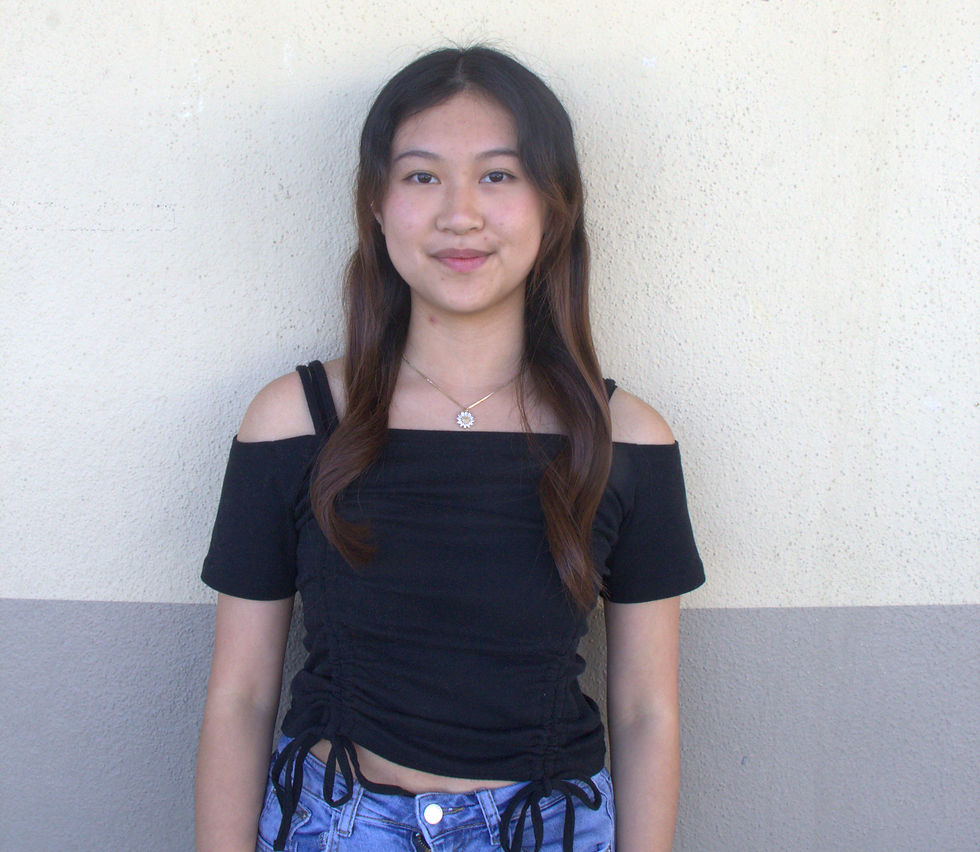Zimbabwean teen educates young girls to kyorugi against child marriage
- Manasa Sriraj
- Nov 3, 2021
- 3 min read
Updated: Nov 7, 2021
By Breanna Lu Nov. 3, 2021
In a world where activism against child marriage often comes in the form of speeches, protests or fundraising, 17-year-old Natsiraishe Maritsa from Epworth, Zimbabwe has spearheaded a hands-on initiative to combat the practice in her community. By holding open, informative, conversations about child marriage in a Taekwondo class setting for young girls and teen mothers, she works to educate and encourage the younger generation to advocate against the practice.
Contradicting legislation leaves several gaps for exploitation, forcing Zimbabwean girls into generational cycles of underage marriage.

Despite laws forbidding child marriage, gender inequality, poverty and cultural norms force one-third of female minors in developing countries such as Zimbabwe to become brides. These statistics are troubling, as underage brides are more likely to contract sexually transmitted diseases and be mistreated by their partners and in-laws. Moreover, teenage pregnancies often carry major health risks such as increased blood pressure.
Inseo Kim Art
While Zimbabwe’s constitution prohibits marriage under the age of 18, contradicting legislation leaves several gaps for exploitation, forcing Zimbabwean girls into generational cycles of underage marriage. For instance, Human Rights Watch explains that Zimbabwe’s Marriage Act allows underage girls to get married with special written consent, while the country’s Criminal Law states that the legal age of consent is 16.
For Maritsa, this problem strikes home—the majority of her female friends were married once they turned 13. To instill in young girls the idea that child marriage is unacceptable, Maritsa founded the Vulnerable Underaged Initiative, in which she empowers young girls through a mixture of Taekwondo lessons and discussions led by young mothers. Taekwondo is a significant aspect of Maritsa’s life—she began learning the art at the age of five and has since won gold and silver medals competitions within and outside of Zimbabwe.
“Taekwondo classes give young girls the ability to stand up for themselves by teaching self-defense and fighting techniques. These lessons also create a safe space for teen mothers to express their ideas without fear of being silenced,” Junior Amanda Bui said.

In the dusty yard behind her home, girls as young as four line up and follow Martisa’s lead in stretching, punching, kicking and sparring. After lessons, teen mothers share their experiences of underage marriage with the students, recounting the violence, emotional abuse and pregnancy-related health issues they faced.
While the educational conversations directly teach the girls to oppose child marriage, the activity of Taekwondo also contributes to Maritsa’s cause—it improves the students’ self-esteem, gives them a hopeful outlook on life and increases their confidence. People with such qualities are more likely to advocate for their freedoms and to pursue higher education and careers. In the case of Maritsa’s students, this means ending the child marriage cycle in their society.
In the dusty yard behind her home, girls as young as four line up and follow Martisa’s lead in stretching, punching, kicking and sparring.
“Taekwondo is capable of instilling a sense of belonging and community in students. The girls can use Maritsa’s sessions as an outlet to express themselves and support one another,” Junior Elena Giaccone said.
Like Maritsa, others around the world have also been fighting to prevent child marriage. In Niger, where 75 percent of females are married before they turn 18, the United Nations Children’s Fund collaborates with religious and cultural leaders to hold community-wide assemblies where members speak out against child marriage. The MDG-Fund in Bangladesh works to stop dowry practices for children and support young girls victimized by gender-based violence.
On the whole, Maritsa has reinvented the purpose of Taekwondo to fight for the futures of the younger generation, showing that age is not a barrier to making a difference.
*Note: The printed version of this article had the incorrect spelling of "purpose," which is corrected here.
About the Contributor

Breanna Lu
Staff Writer
Breanna Lu is a sophomore at Leland High School and the Investigative Report and Last Word page editor. She loves to binge Netflix shows, try out new foods, explore the outdoors, and stargaze.











Comments